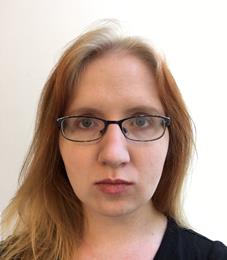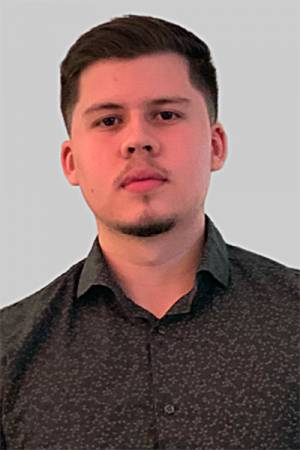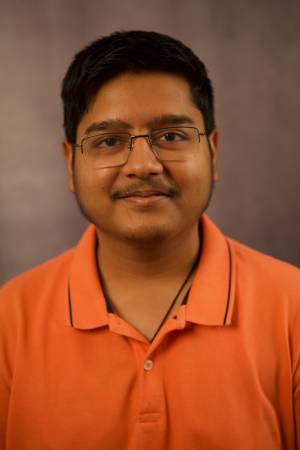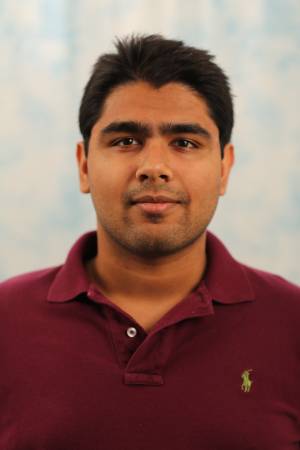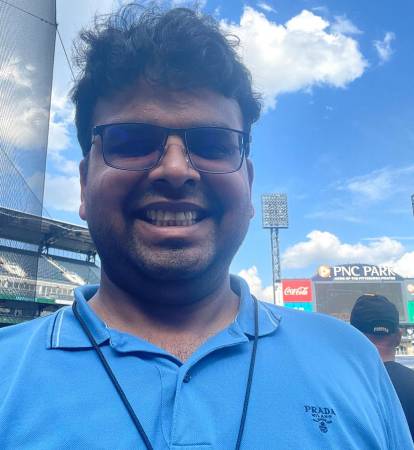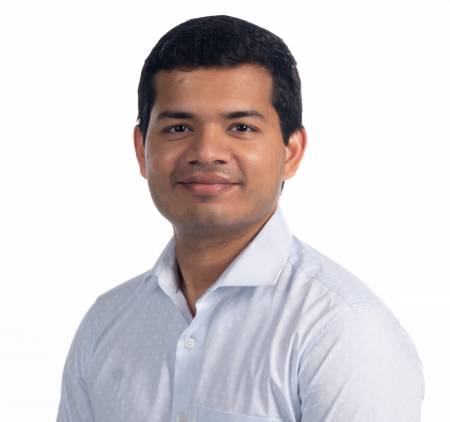Continual Robot Learning: Benchmarks and Modular Methods
Abstract: Humans adapt continuously to the world around us, allowing us to acquire new skills and explore diverse environments seamlessly. Current AI methods, however, cannot attain this versatility. Instead, they are typically trained with vast datasets, and learn all tasks simultaneously. However, the trained models have limited ability to adapt to changing contexts, and are [...]
Architecture and Algorithms for Space-Based Global Wildlife Tracking
Abstract: Accurate satellite based positioning revolutionized several industries over the past two decades from agriculture to transportation. However, conventional GNSS receivers consume significant amounts of energy and are too large for many applications, including wildlife-tracking which is critical for conservation efforts and improving our understanding of the global climate. To address this capability gap, we [...]
Multi-Human 3D Reconstruction from Monocular Videos
Abstract: We study the problem of multi-human 3D reconstruction from videos captured in the wild. Human movements are dynamic, and accurately reconstructing them in various settings is crucial for developing immersive social telepresence, assistive humanoid robots, and augmented reality systems. However, creating such a system requires addressing fundamental issues with previous works regarding the data [...]
Language-Conditioned Object Detection and Manipulation
Abstract: Traditional object detection methods are often confined to predefined object vocabularies, limiting their versatility in real-world scenarios where robots need to understand and execute diverse household tasks. Additionally, the 2D and 3D perception communities have typically pursued separate approaches tailored to their respective domains. In this thesis, we present a language-conditioned object detector with [...]
How I Learned to Love Blobs: The Power of Gaussian Representations in Differentiable Rendering and Optimization
Abstract: In this thesis, we explore the use of Gaussian Representations in multiple application areas of computer vision and robotics. In particular, we design a ray-based differentiable renderer for 3D Gaussians that can be used to solve multiple classic computer vision problems in a unified manner. For example, we can reconstruct 3D shapes from color, [...]
Watch, Practice, Improve: Towards In-the-wild Manipulation
Abstract: The longstanding dream of many roboticists is to see robots perform diverse tasks in diverse environments. To build such a robot that can operate anywhere, many methods train on robotic interaction data. While these approaches have led to significant advances, they rely on heavily engineered setups or high amounts of supervision, neither of which [...]
Generating Beautiful Pixels
Abstract: In this talk, I will present three experiments that use low-level image statistics to generate high-resolution detailed outputs. In the first experiment, I will use 2D pixels to efficiently mine hard examples for better learning. Simply biasing ray sampling towards hard ray examples enables learning of neural fields with more accurate high-frequency detail in less [...]
Towards Reliable Computer Vision Systems
Abstract: The real world has infinite visual variation – across viewpoints, time, space, and curation. As deep visual models become ubiquitous in high-stakes applications, their ability to generalize across such variation becomes increasingly important. In this talk, I will present opportunities to improve such generalization at different stages of the ML lifecycle: first, I will [...]
